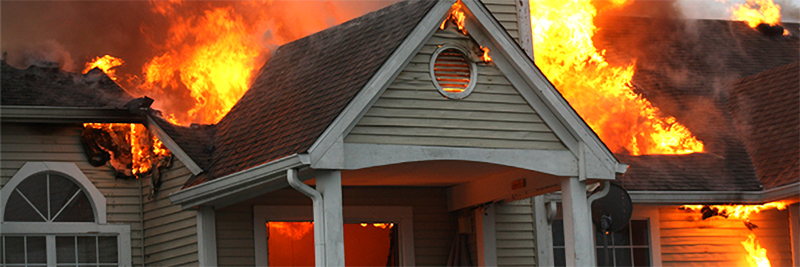

While this animation may seem comical, it is inspired by a real-life event – the 2017 Knysna Fires. The devastating blaze that tore through the Knysna and Plettenberg Bay areas caused extensive damage and, according to the Knysna Museum, 500 formal dwellings, 180 informal structures, and 403 dwellings were destroyed or damaged.
Sadly, we only recognise the genuine worth of insurance and the significance of having the appropriate cover when challenging times arise.
There is a widespread belief that insuring a building can be exorbitant. In reality, even though buildings may be valued in the millions, this category of insurance provides incredibly affordable rates.
Insider Tips When Insuring Your Building:
-
Dwelling type: As there are different types of dwellings, such as houses, holiday homes, smallholdings or plots, townhouses, and residential estates, it is crucial to determine whether your building has the correct description in your insurance policy. Inaccurate information can lead to a claim being rejected, so it is vital to verify that your policy accurately describes your property.
-
Roof type: Certain roof types, such as thatch roofs, are considered a higher risk due to a greater associated fire hazard. If your building has a non-standard roof, inform your insurer, and make certain that it is appropriately covered.
-
Rebuild value: Ensure that your building is insured for the correct rebuild value to avoid being underinsured in the event of a loss. Consult with your Barker consultant to get an accurate value or use the GRIP Aerial Valuation tool to assist in assessing the value correctly.
-
Power surge cover: Power surge coverage is generally included in your building insurance policy, but it is not a compulsory cover. It is recommended that you include the power surge extension in your cover, especially since power surge claims have increased dramatically with the current load-shedding roster.
-
Alternative power technologies: Finally, if you have invested in alternative power solutions, such as solar panels, inverters, and backup batteries, it is essential that the value of these systems be included in the value of your home. Such systems add value to your home and should be accounted for when determining the rebuild value.


